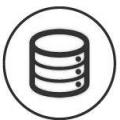This workshop will familiarize attendees with the Undergraduate Research Apprentice Program (URAP) and the benefits and challenges of working with undegraduate research assistants. Expect to learn about:
URAP logistics and bureaucracy
Recruiting undergraduates







